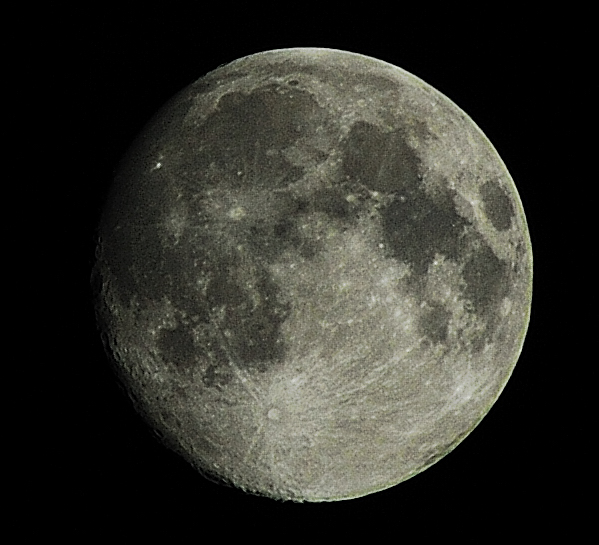 |
| Image: Flickr User - Basharat Alam Shah |
The United States may be the first nation to put a man on the moon, but China could be the first to have man live there.
"It’s a lunatic idea," a scientist told the South China Morning Post, referring to a plan to install a permanently-manned radar station on the lunar surface.
The facility would involve a 50-meter-high radar that would be used for both scientific and defense purposes. The size of the radar dish would allow it to take extremely clear images of Earth, and could cover a broader terrestrial swath than satellites, stationed in near-Earth orbit, are capable of surveying.
The installation would also feature living quarters for astronauts who would man the base around the clock.
The base will also require power. For this, scientists are considering either a solar or nuclear power plant.
So far, China’s National Natural Science Foundation has put forth a down payment of $2.4 million to study the project’s feasibility.
It’s an ambitious project, and naturally has its share of skeptics.
"Either the radar has to be extremely powerful, or the antenna extremely large, otherwise it won’t be able to pick up the radio waves bouncing back from the Earth," said Professor Zhou Yiguo, a radar technology researcher with the Chinese Academy of Sciences’ Institute of Electronics.
"It is an important subject of research, but whether its advantage over satellite constellations can adjust the high cost and risk will need careful evaluation."
The scientific advantages could be worth the effort. The station would be able to provide incredibly detailed weather monitoring. It could also oversee global earthquake activity and, perhaps most importantly, monitor melting polar ice caps.
In addition, to maintain the facility and power plant, astronauts manning the base would be responsible for processing the 1.4 gigabytes of information that the radar would gather each second, "a volume far exceeding the bandwidth of current long-distance space communications technology," according to the South China Morning Post.
It’s a crazy idea, but it could be crazy enough to work.
This story first appeared on Sputnik & is reposted here with permission.
---
Story Quote: used for both scientific and defense purposes
PacificSentinel: That last bit is the real problem, every Aircraft in the sky, Ship on the surface & may be every Submarine under the sea could be tracked.
